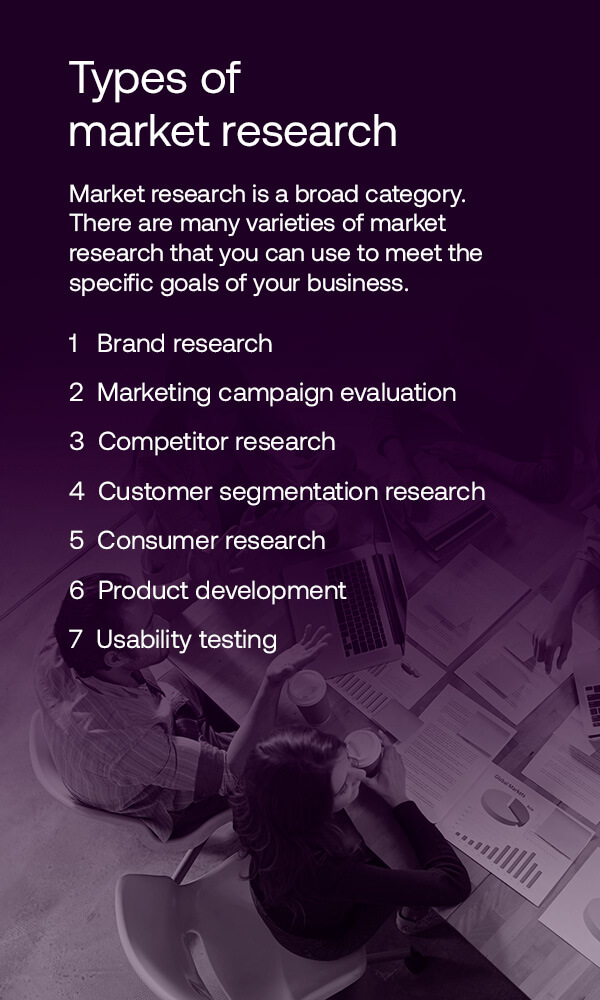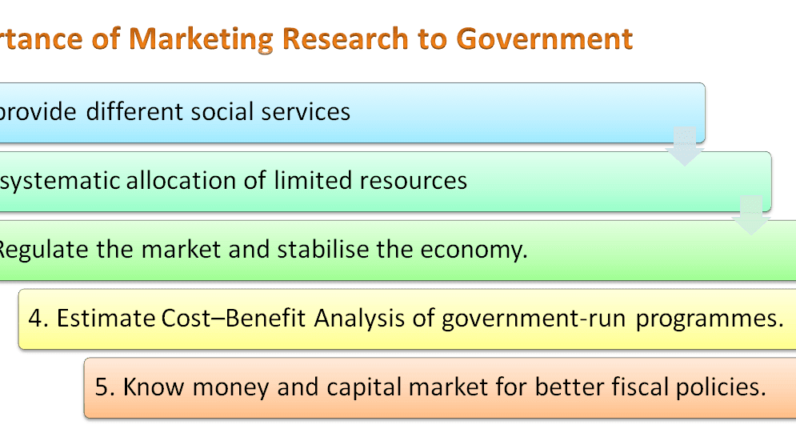
In today’s competitive business landscape, market research plays a vital role in shaping successful advertising strategies. By understanding the needs, preferences, and behaviors of customers, market research allows businesses to create targeted and effective advertising campaigns that resonate with their target audience. It provides valuable insights into consumer trends, competitor analysis, and market intelligence, enabling companies to make informed decisions and optimize their marketing efforts. Market research forms the foundation for creating impactful advertising that not only reaches the right people but also drives tangible results for businesses.

Understanding Customer Needs
Identifying target audience
In order to effectively market your products or services, it is crucial to identify and understand your target audience. Market research plays a vital role in this process by providing insights into the demographics, psychographics, and buying habits of your potential customers. By knowing who your target audience is, you can tailor your marketing efforts to specifically reach and resonate with them.
Gaining insights into consumer behavior
Market research allows you to gain a deeper understanding of consumer behavior. By analyzing trends, preferences, and purchasing patterns, you can uncover valuable insights that can inform your marketing strategies. Understanding consumer behavior can help you identify key motivations and pain points, enabling you to create products and advertisements that effectively address their needs and desires.
Understanding customer preferences
Market research helps you understand what your customers want and prefer. By conducting surveys, focus groups, and other research methods, you can gather data on customer preferences for product features, pricing, packaging, and more. This information can guide your product development process and help you create offerings that align with customer expectations. Additionally, understanding customer preferences can also inform your advertising messages and creative approaches to effectively engage and persuade your target audience.
Identifying Market Opportunities
Analyzing market trends
Market research allows you to stay updated on the latest market trends, including changes in consumer behavior, technological advancements, and industry developments. By analyzing these trends, you can identify emerging opportunities and adapt your marketing strategies accordingly. Staying ahead of the curve and addressing evolving customer needs can give you a competitive edge in the market.
Identifying gaps in the market
One of the key benefits of conducting market research is identifying gaps or unmet needs in the market. By studying customer feedback, conducting competitor analysis, and monitoring industry trends, you can uncover areas where there is a lack of products or services that address specific customer demands. Identifying these gaps provides you with an opportunity to develop innovative solutions and fill the void in the market, potentially gaining a significant market share.
Recognizing potential market segments
Market research helps you identify and evaluate potential market segments that you can target with your advertising efforts. By segmenting your target audience based on factors such as demographics, interests, and behaviors, you can tailor your marketing messages to resonate with each specific segment. This targeted approach allows you to maximize the effectiveness of your advertising campaigns and ensure that you are reaching the right customers with the right message.
Improving Marketing Strategy
Refining advertising messages
Market research provides valuable insights into what messages resonate with your target audience. By conducting surveys, focus groups, and analyzing consumer feedback, you can refine your advertising messages to better align with customer preferences and motivations. Effective messaging can help you create a strong brand identity, communicate product benefits, and differentiate yourself from competitors.
Determining optimal media channels
With market research, you can identify the media channels that your target audience is most likely to engage with. Whether it’s social media, television, print, or online platforms, understanding where your customers spend their time allows you to allocate your advertising budget to the most impactful channels. By reaching your audience through their preferred media channels, you can increase the visibility and effectiveness of your advertising campaigns.
Creating effective marketing campaigns
Market research provides the foundation for creating effective marketing campaigns. By understanding your target audience, market trends, and consumer behavior, you can develop campaigns that capture attention, communicate value, and generate desired actions. From developing compelling creative concepts to selecting the right messaging and channels, market research empowers you to create marketing campaigns that resonate with your customers and drive results.
Maximizing Return on Investment (ROI)
Reducing advertising costs
Market research can help you identify cost-saving opportunities in your advertising efforts. By analyzing the effectiveness of different advertising channels and messages, you can determine where to allocate your budget for maximum impact. This allows you to reduce unnecessary spending on ineffective advertising and focus your resources on strategies that deliver a higher ROI.
Increasing advertising effectiveness
Through market research, you can optimize the effectiveness of your advertising campaigns. By understanding customer preferences, motivations, and market trends, you can create targeted and compelling advertisements that resonate with your audience. By continuously tracking and analyzing campaign performance, you can make data-driven adjustments and improvements to enhance your advertising effectiveness.
Enhancing brand performance
Market research plays a vital role in enhancing brand performance. By continuously monitoring consumer perceptions, brand awareness, and competitive positioning, you can uncover areas that require improvement. Through market research, you can identify opportunities to strengthen your brand image, improve customer satisfaction, and build long-term brand loyalty.
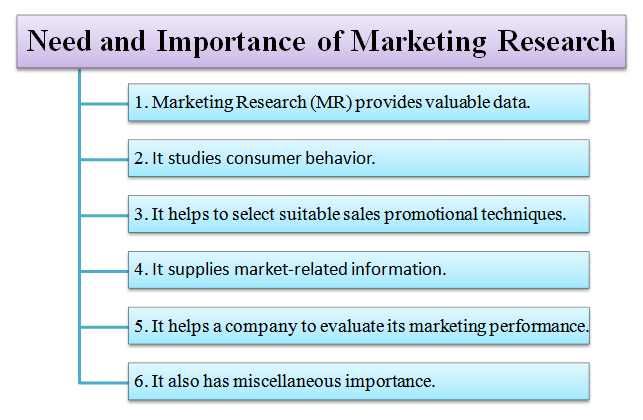
Mitigating Risks
Reducing uncertainty
Market research helps reduce the uncertainty associated with advertising decisions. By gathering data and insights, you can make informed decisions based on facts rather than assumptions. This reduces the risk of investing in ineffective advertising strategies and allows you to allocate resources more strategically.
Minimizing errors and failures
Through market research, you can identify potential errors or failures in your advertising campaigns before they occur. By conducting pre-testing and gathering feedback, you can make necessary adjustments and improvements to avoid costly mistakes. This proactive approach minimizes the risk of launching campaigns that do not resonate with your target audience or fail to deliver the desired results.
Avoiding costly marketing mistakes
Market research helps you avoid costly marketing mistakes by providing insights into consumer preferences, market trends, and competitor strategies. By understanding the landscape in which your business operates, you can make informed decisions that mitigate the risk of investing in ineffective or inappropriate marketing tactics. By avoiding costly mistakes, you can save resources and allocate them towards strategies that yield higher returns.
Competitive Analysis
Understanding competitor strategies
Market research allows you to understand the strategies and tactics employed by your competitors. By conducting competitor analysis, you can gain insights into their pricing, messaging, advertising campaigns, and product positioning. This understanding enables you to identify areas where you can differentiate yourself and gain a competitive advantage in the market.
Identifying market share
Market research helps you understand your market share and how it compares to your competitors. By analyzing market data and customer surveys, you can determine your market position and identify opportunities for growth. Understanding your market share allows you to set realistic goals, assess your performance, and develop strategies to increase your market presence.
Evaluating competitive pricing and promotions
Market research allows you to evaluate the pricing and promotional strategies of your competitors. By comparing their pricing structures, discounts, and promotional activities, you can identify areas where you can adjust your own pricing or promotional efforts to remain competitive. By staying informed about the competition, you can effectively position your products and services in the market.
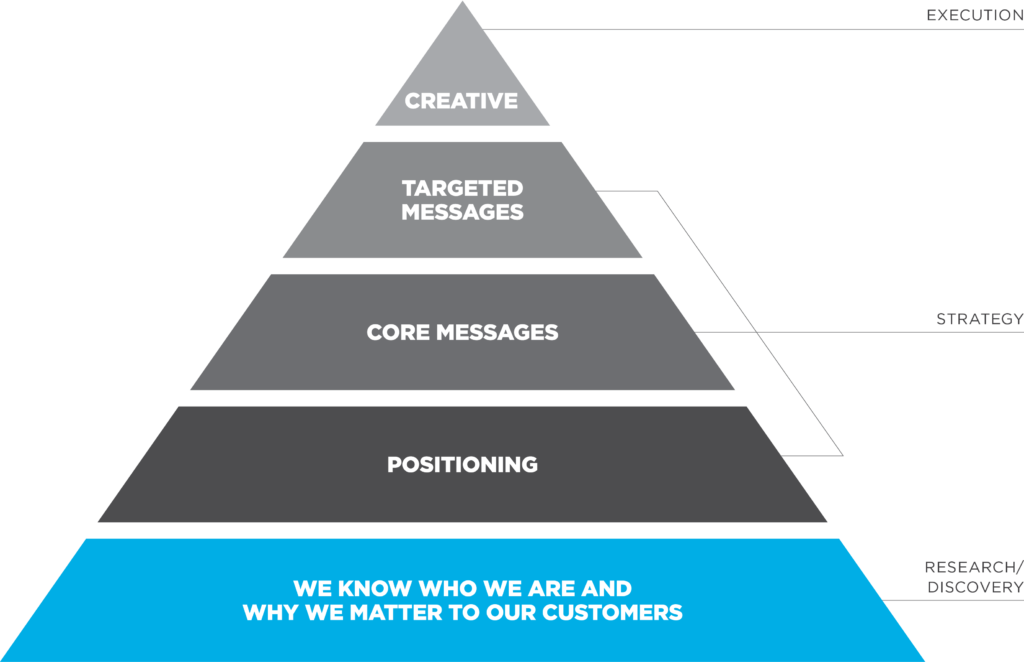
Building Brand Image
Creating customer-centric branding
Market research helps you create customer-centric branding by understanding their needs, preferences, and motivations. By conducting surveys, focus groups, and customer interviews, you can gather insights that inform your brand identity and positioning. Customer-centric branding builds trust, resonates with your audience, and establishes a strong emotional connection between your brand and your customers.
Positioning the brand effectively
Market research allows you to position your brand effectively in the market. By analyzing consumer perceptions, competitor positions, and market trends, you can develop a unique value proposition that differentiates your brand from competitors. Effective brand positioning ensures that your target audience understands and appreciates what sets your brand apart, increasing the chances of attracting and retaining customers.
Developing brand loyalty
Market research plays a crucial role in developing brand loyalty. By understanding customer preferences, motivations, and pain points, you can create products and services that consistently meet their needs and expectations. Additionally, by continuously monitoring customer satisfaction and feedback, you can proactively address issues and deliver exceptional experiences that foster loyalty and advocacy. Building strong brand loyalty translates into repeat business, positive word-of-mouth, and a competitive advantage in the market.
Optimizing Product Development
Identifying customer needs and desires
Market research helps you identify and understand customer needs and desires. By gathering data through surveys, interviews, and focus groups, you can uncover insights that inform product development. This includes features, functionalities, pricing, and packaging preferences that resonate with your target audience. By developing products that address unmet needs and align with customer expectations, you can increase the chances of success in the market.
Testing new product concepts
Market research allows you to test and validate new product concepts before investing in extensive development and production. By conducting concept testing and gathering feedback, you can gauge customer interest, identify potential improvements, and assess the viability of new product ideas. Validating new concepts through market research minimizes the risk of launching products that do not resonate with your target audience.
Improving product features and quality
Market research provides valuable insights into product features and quality. By gathering customer feedback through surveys and interviews, you can identify areas for improvement and make necessary adjustments to enhance the overall customer experience. Continuously monitoring customer satisfaction and expectations allows you to stay ahead of the competition and deliver products that meet and exceed customer expectations.
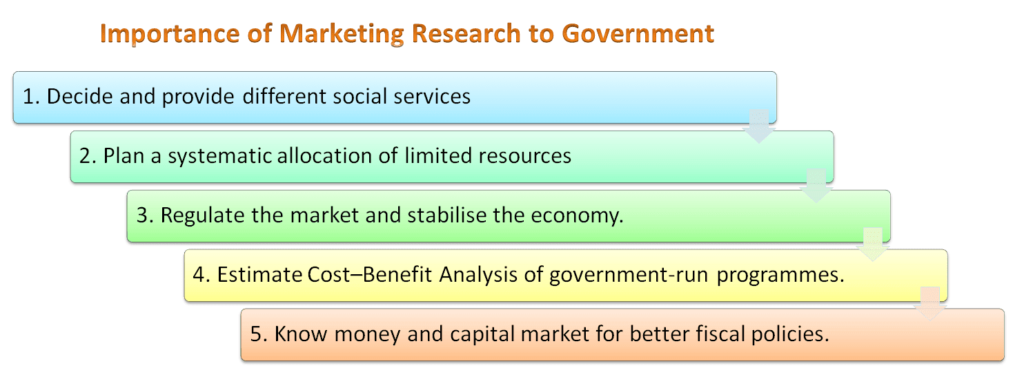
Measuring Advertising Effectiveness
Determining brand awareness
Market research helps you determine the level of brand awareness among your target audience. By conducting surveys, tracking social media mentions, and analyzing website traffic, you can assess the visibility and recognition of your brand. This understanding allows you to adjust your marketing strategies to increase brand awareness and reach a larger audience.
Tracking consumer perceptions
Market research allows you to track and evaluate consumer perceptions of your brand, products, and advertising campaigns. By conducting brand perception surveys, focus groups, and social media sentiment analysis, you can gather qualitative and quantitative data on how customers perceive your brand. This information can guide your advertising strategies and help you address any misconceptions or negative perceptions.
Evaluating campaign success metrics
Market research provides you with the tools to evaluate the success of your advertising campaigns. By analyzing key performance indicators such as reach, engagement, conversion rates, and return on investment, you can assess the effectiveness of your campaigns and make data-driven decisions for future marketing efforts. Regularly evaluating campaign success metrics allows you to optimize your advertising strategies and allocate resources to the most impactful tactics.
Staying Ahead of the Competition
Adapting to market changes
Market research allows you to stay updated on market changes and adapt your marketing strategies accordingly. By continuously gathering data on customer preferences, emerging trends, and competitor activities, you can make informed decisions that keep your business ahead of the competition. Adapting to market changes ensures that your marketing efforts remain relevant and effective in the ever-evolving business landscape.
Identifying emerging trends
Market research helps you identify and capitalize on emerging trends. By monitoring industry developments, consumer behavior, and technological advancements, you can spot emerging opportunities and leverage them to gain a competitive edge. Early adoption of emerging trends can position your business as an industry leader and attract a broader customer base.
Maintaining a competitive edge
Market research is essential for maintaining a competitive edge in the market. By continuously gathering insights on consumer preferences, market trends, and competitor strategies, you can make informed decisions that differentiate your business and products. Staying ahead of the competition allows you to retain loyal customers, attract new ones, and maximize your market share.
In conclusion, market research plays a crucial role in advertising by providing valuable insights that inform every aspect of the marketing process. From understanding customer needs and preferences to identifying market opportunities and measuring advertising effectiveness, market research empowers businesses to make informed decisions, mitigate risks, and stay ahead of the competition. By investing in market research, businesses can optimize their marketing strategies, enhance brand performance, and maximize return on investment.
